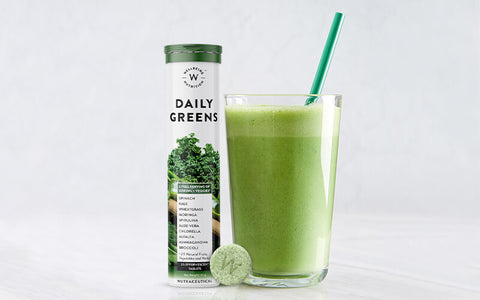Present in several grains, fruits and vegetables, quercetin is one of the most abundant antioxidants and plays an important role in helping your body battle free radical damage that is also correlated to chronic diseases. Blood pressure, inflammation as well as allergy symptoms are reduced, thanks to the properties of quercetin.
Flavonoids have a wide range of health benefits and are a chemical found in plants known as phytonutrients. Quercetin is a flavanol that is a subsidiary of flavonoids. Humans cannot produce these and hence we get them from other sources.
A few items that contain Quercetin are; black tea, broccoli, tomatoes, apples, grapes and citrus fruits.
What is Quercetin/Quercetin uses? Is there something like quercetin food? What contains quercetin rich foods? Let us find out!
Reduces Inflammation
Unstable molecules in the body can quicken aging as well as increase the risk of diseases. These molecules are called free radicals. They are capable of doing more than just damaging your cells.
A high number of these free radicals cause inflammation as they help activate genes. Some amount of inflammation in the body is good as it helps fight against infections and certain health problems. However, increased exposure to these free radicals can lead to heart, kidney diseases and can be cancerous too.
Studies have shown that quercetin rich foods can help reduce excess inflammation in the body in the form of reduced morning pain, pain after activity and stiffness that occurs early morning.

Reduces High Blood Pressure
A noteworthy fact, quercetin reduced systolic and diastolic blood pressure in a study conducted in 2016. This particularly consisted of diabetics who were given 500mg of Quercetin.

Reduces the risk of Cancer
Quercetin may help in reducing the risk of some cancer types, such as leukemia and lung cancer thanks to the in vitro and animal-based research. Study suggests that it helps in slowing down the growth of the cancer cells.
A review in 2010 showed a reverse relationship in 38 non-tumor lung tissues, lower risk of cancer due to high consumption of Quercetin. Studies and research is still going on to ascertain how effective Quercetin is in fighting or reducing the risk of cancer. Quercetin may play an important part in preventing cancer in the future.
Looking to add Quercetin to your daily diet?
Research has also suggested that Quercetin has proved to give relief to allergies such as itching as well as sneezing through some immune cells.
Quercetin rich foods include teas, onions and apple. While you choose a Quercetin rich food or product, choose wisely and as per your daily diet or prescription.

If you wish to enhance your diet, Wellbeing Nutrition has got you covered with its Daily Greens that helps you to stimulate micro flora in the gut as well as boosts your immunity. Made from 39 farm-fresh greens, veggies, fruits and antioxidant rich superfoods, it helps in detoxifying the body and giving you a radiant skin in one simple, delicious and effervescent tablet.
References:
- National Center for Biotechnology Information (2021). PubChem Compound Summary for CID 5280343, Quercetin. Retrieved June 29, 2021 from https://pubchem.ncbi.nlm.nih.gov/compound/Quercetin. (https://pubchem.ncbi.nlm.nih.gov/compound/quercetin)
- Understanding the Dynamics of the Aging Process, National Institute of Aging. (https://www.nia.nih.gov/about/aging-strategic-directions-research/understanding-dynamics-aging)
- High Blood Pressure, National Institute of Aging. (https://www.nia.nih.gov/health/high-blood-pressure)
- Jeong JH, An JY, Kwon YT, Rhee JG, Lee YJ. Effects of low dose quercetin: cancer cell-specific inhibition of cell cycle progression. J Cell Biochem. 2009;106(1):73-82. doi:10.1002/jcb.21977. (https://www.ncbi.nlm.nih.gov/pmc/articles/PMC2736626/)



























 DOWNLOAD NOW
DOWNLOAD NOW
